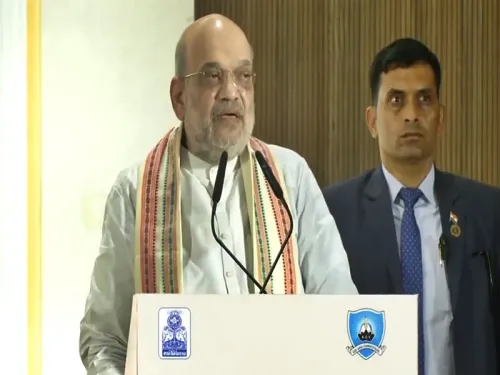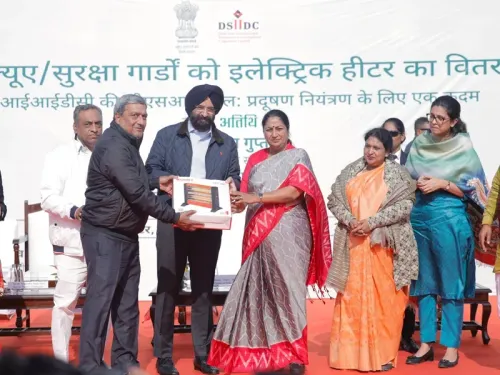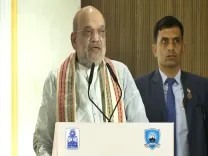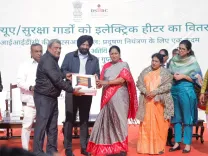Why Did the Bengaluru Cloth Merchants Association Suspend Trade with Turkey and Azerbaijan?

Synopsis
Key Takeaways
- Trade Suspension: Immediate halt of textile imports and exports with Turkey and Azerbaijan.
- Ethical Practices: Decision reflects commitment to ethical business standards and national sentiment.
- Trade Volume: Significant trade volume primarily in gents’ trousers and cotton apparel.
- Future Outlook: Potential recovery through trade with alternative countries.
- Direct Trade Only: No indirect trade through third-party countries allowed.
Bengaluru, May 17 (NationPress) The Bengaluru Wholesale Cloth Merchants’ Association has made a unanimous decision to halt all textile imports and exports with Turkey and Azerbaijan, effective immediately.
This decisive measure follows extensive discussions and reflects the Association’s dedication to ethical business practices, national sentiment, and the welfare of the trading community.
“As responsible participants in the textile trade, it is vital to adopt principled positions when appropriate,” the Association stated in its official communication.
Association President Prakash Chand Pirgal informed IANS that all members consented to suspend both ongoing and future textile goods imports from Turkey and Azerbaijan, and they will also cease all current and planned export initiatives to these nations.
“The trade volume with Turkey is substantial, with items like gents’ trousers, cotton apparel, and Turkish towels being primary imports. The proposal to boycott imports from Turkey and Azerbaijan received unanimous support within just 10 minutes. Although this may lead to short-term losses, we are optimistic about recovering and potentially increasing our trade with other countries,” he remarked.
He further emphasized that members will avoid any indirect trade through intermediaries or third-party nations that may involve textile goods tied to Turkey and Azerbaijan.
“Following the earthquake in Turkey, India was swift to provide aid, sending doctors, medicines, and extensive support. Now that Turkey has provided arms to Pakistan, we believe this boycott is warranted,” Chand added.
He also pointed out that Turkey plays a significant role in the marble trade, and the Association is expected to soon evaluate its business operations in that sector as well.
“This resolution will remain in effect until further notice. Any changes will be communicated officially through the Association’s governing body. We urge all relevant authorities, trade partners, logistics providers, and stakeholders to recognize this declaration and extend their cooperation,” the statement concluded.










